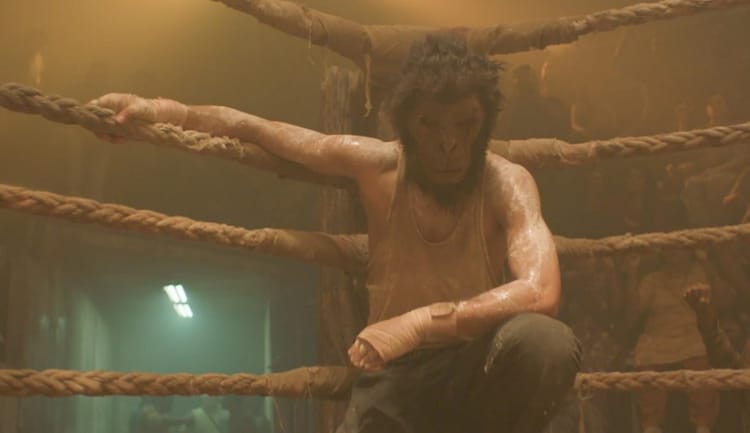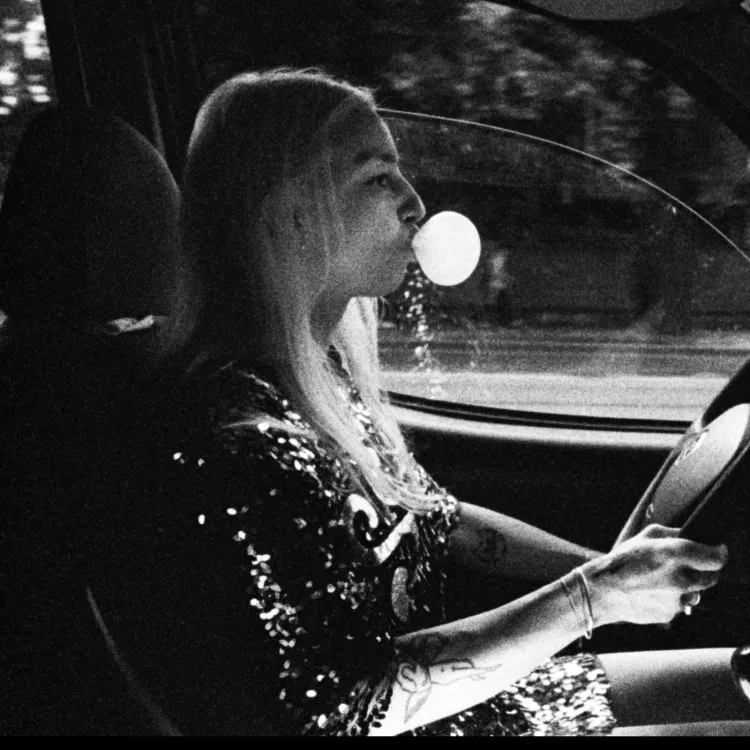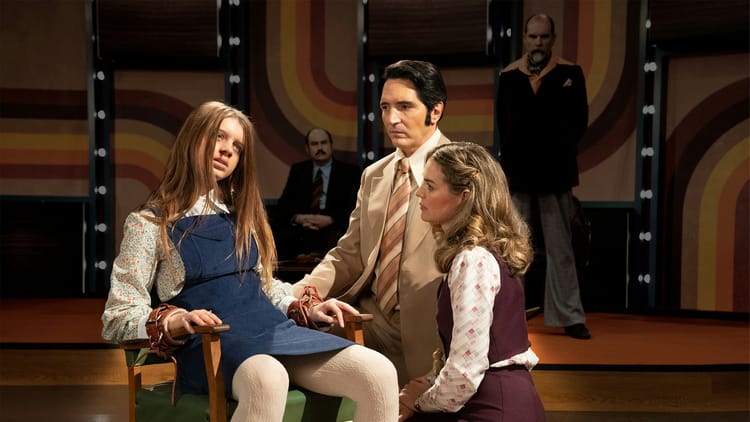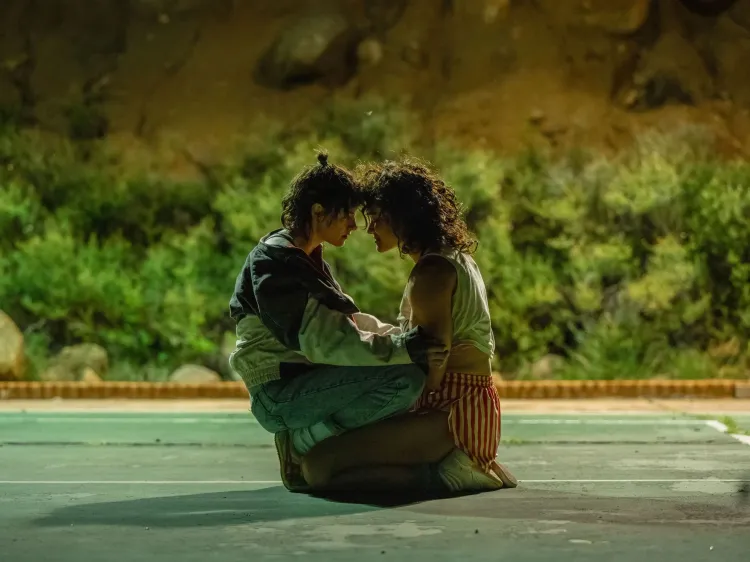Jojo Rabbit
It is a brave thing to make a comedy about Nazis. It is a braver thing to play Hitler in your comedy about Nazis.
Taika Waititi is brave.
But is brave enough? Conceptually, Jojo Rabbit sounds like it was designed to provoke. To stir a reaction, to generate controversy. Edgy, for the sake of. But Taika isn’t just brave, he’s also smart. A less astute filmmaker, eager to add some fire to the flames, would have made this movie about Hitler. But instead, Taika goes against the grain, choosing impressionable little Jojo, as his protagonist. So instead of a drawn-out meme, we get a tender, affecting coming-of-age story, that is still very very funny.
Jojo Rabbit is constantly toeing the line between drama and comedy, pulling its characters along with it in both directions. Taika Waititi as an immature and tantrum-throwing Hitler is extremely funny. But his bursts of outrage and bigotry are startling reminders of the truth this movie derives itself from. Sam Rockwell’s Captain K is joyfully flamboyant, a soldier who puts ego over political allegiances, and feathers over subtlety. Jojo is one of the year's best protagonists. He's conflicted, he's unlikable, but he's understandable. He's a little boy who has bought into what has been fed to him, all anchored by a heartfelt and hilarious performance from Roman Griffin Davis. And with a career best, Scarlett Johansson plays Rosa, Jojo's mother, emphasis on plays. Johansson brings such lightness to each line, and comedy to a person who should be dour and downcast. Johansson captures the spirit of Jojo Rabbit, a movie that refuses to be serious despite its bleak context.
It’s not all roses though. Other characters like Rebel Wilson’s Fraulein Rahm become jarring appearances when the movie takes a darker turn and the comedy twists on its head. Because after one particularly morbid moment, it’s a bit hard for the movie to get us laughing again. It eventually succeeds, but some older gags start to feel distasteful, as if it isn’t honouring what has come before.
There are already comparisons online, connecting Jojo Rabbit to Three Billboards Outside Ebbing, Missouri, and not just because Sam Rockwell plays questionable characters in both. Both movies ask similar questions: How can we redeem ourselves? Are we responsible for the ideologies we consume? When must we be held accountable for our actions? When can we change? While Three Billboards skirted over this with Sam Rockwell’s character, never acknowledging the damage he left in his wake, Jojo Rabbit is continuously aware of the harm bigotry and hate creates.
Reading Jojo’s character as a parable for alt-right radicalization misses the point. There’s a reason Jojo is a 9-year-old boy and not a grown man. We can’t blame Jojo for buying what he’s been sold. The little boy idolized Adolf because he was told to. But blind loyalty can only get you so far. And it’s only with pain and humanity that Jojo comes out the other side. And Taika takes us down Jojo’s path with sensitivity and glee, moustache and all.




